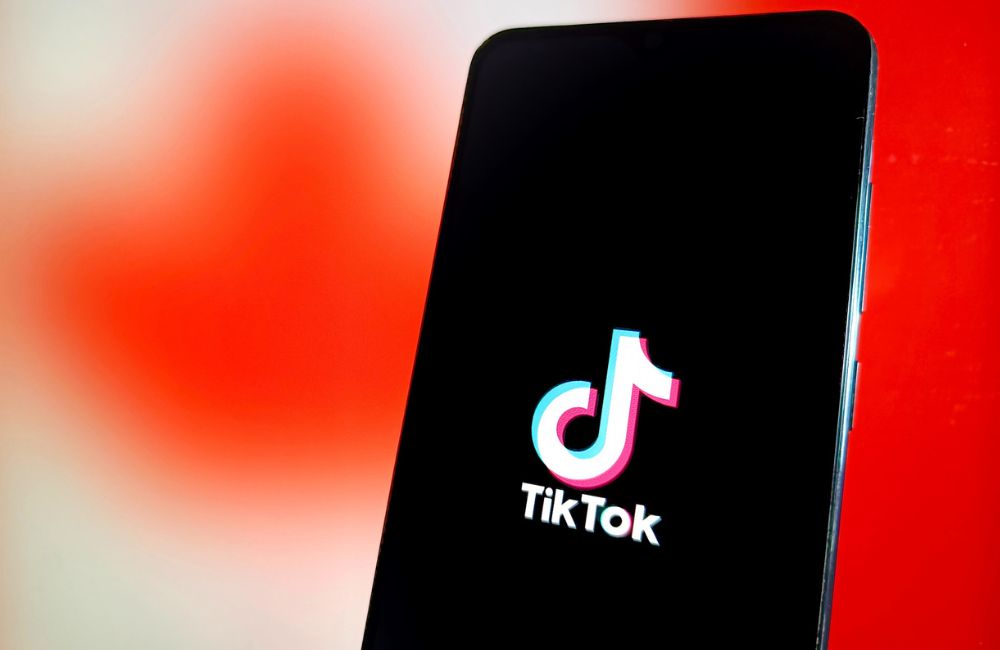The US Supreme Court will hear arguments from TikTok next month as the social media giant seeks to overturn a looming ban or forced sale of its US operations.
Outgoing American president Joe Biden’s administration has cited national security concerns, pointing to alleged links between TikTok’s parent company ByteDance and the Chinese government – claims the company has consistently denied. ByteDance’s data handling practices have been under scrutiny since 2020.
The justices declined TikTok’s request for an emergency injunction but agreed to hear its case on 10 January, just nine days before the ban is set to take effect. This timeline has created unprecedented pressure on both the court and the platform to reach a resolution.
Earlier this month, a federal appeals court upheld the legislation, describing it as “the culmination of extensive, bipartisan action by Congress and successive presidents”. The decision reflected growing bipartisan concerns about data security and foreign influence in social media.
TikTok, which has argued the ban infringes on users’ free speech, welcomed the Supreme Court’s decision to hear its appeal. The platform has invested heavily in data security measures, including Project Texas, a $1.5 billion initiative to store US user data domestically.
“We believe the Court will find the TikTok ban unconstitutional so the over 170 million Americans on our platform can continue to exercise their free speech rights,” a TikTok spokesperson said. The platform’s user base has grown by 40% since initial ban discussions began.
The case pits national security concerns against First Amendment protections. Legal experts note that this represents a landmark case in balancing digital rights with national security interests.
“The appeals court found that national security was stronger than the First Amendment contentions. However, the Justices will scrutinise the potentially conflicting, but significant, values,” Carl Tobias, a law professor at the University of Richmond, added. The case could set precedents for future technology regulation.
Cornell University’s Sarah Kreps noted the political weight behind the legislation, saying: “The case has already gone through the executive branch, the legislative branch, and the lower court, all of which upheld the argument that TikTok’s ownership by China-based ByteDance poses a national security risk.” The platform’s algorithm and data collection practices have been particular points of concern.
Meanwhile, the legal battle is further complicated by shifting political dynamics. Former President Donald Trump, who recently won a second term, met TikTok CEO Shou Zi Chew earlier this week. The meeting marked a significant shift from Trump’s previous stance on the platform.
Trump expressed opposition to the ban, citing his popularity among young voters. “I have a warm spot in my heart for TikTok, because I won youth by 34 points,” he said. This represents a notable departure from his 2020 position when he attempted to force a sale of TikTok’s US operations.
Despite Trump’s support, opposition remains strong. The platform faces scrutiny from both Democrats and Republicans over its data practices and potential influence operations.
Senate Republican leader Mitch McConnell dismissed TikTok’s arguments as “meritless and unsound” in a filing to the Court. His statement reflects ongoing concerns about national security implications.
The case has drawn attention from technology experts worldwide, who note that its outcome could influence global digital policy. Industry analysts estimate that a US ban could cost ByteDance billions in revenue and significantly impact the global social media landscape.
The Supreme Court’s decision will likely have far-reaching implications for international technology companies operating in the United States, potentially setting new precedents for national security reviews of foreign-owned platforms.
Source link : http://www.bing.com/news/apiclick.aspx?ref=FexRss&aid=&tid=676582a21ff648daadf882ca85144bda&url=https%3A%2F%2Frollingout.com%2F2024%2F12%2F20%2Fus-supreme-court-tiktok-ban%2F&c=13426842746849476762&mkt=en-us
Author :
Publish date : 2024-12-20 01:30:00
Copyright for syndicated content belongs to the linked Source.
